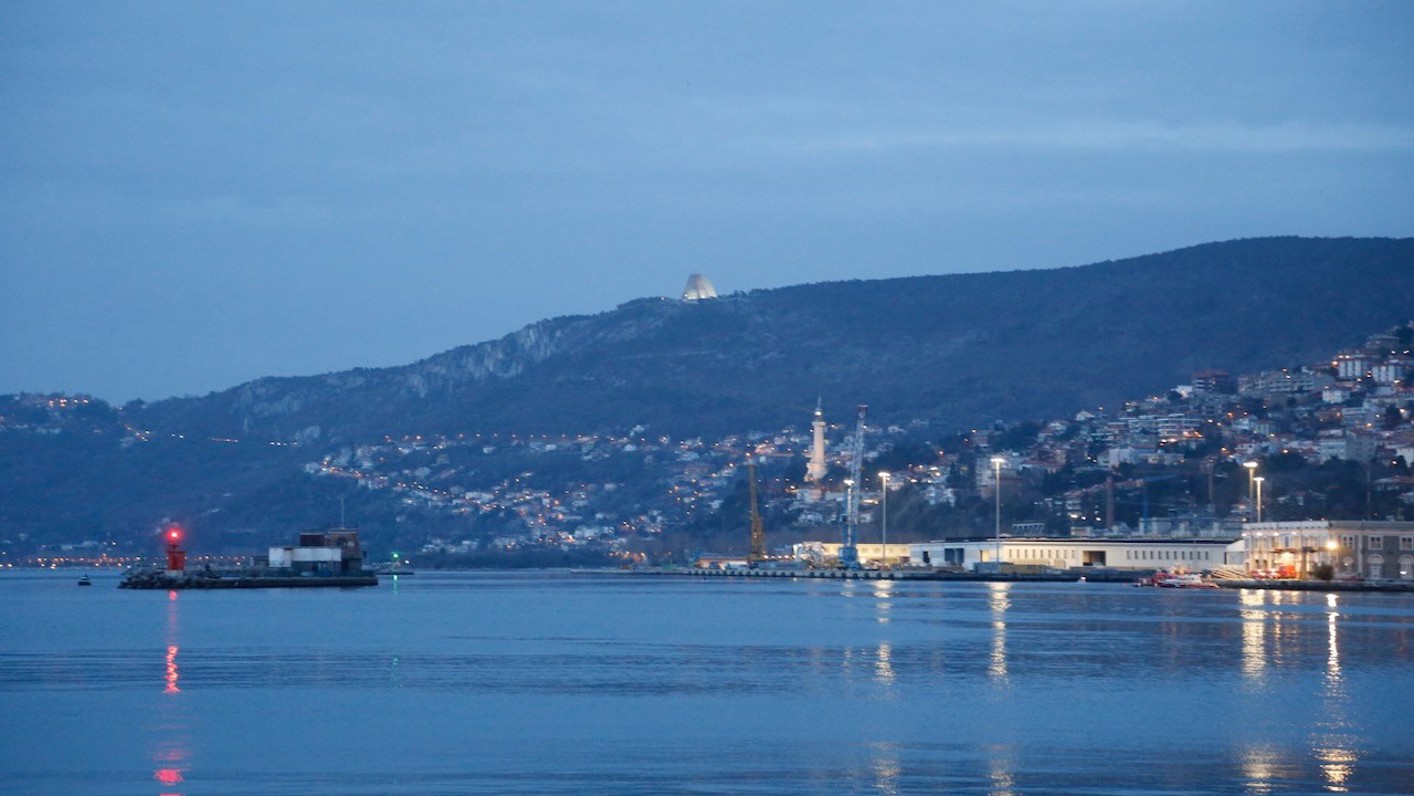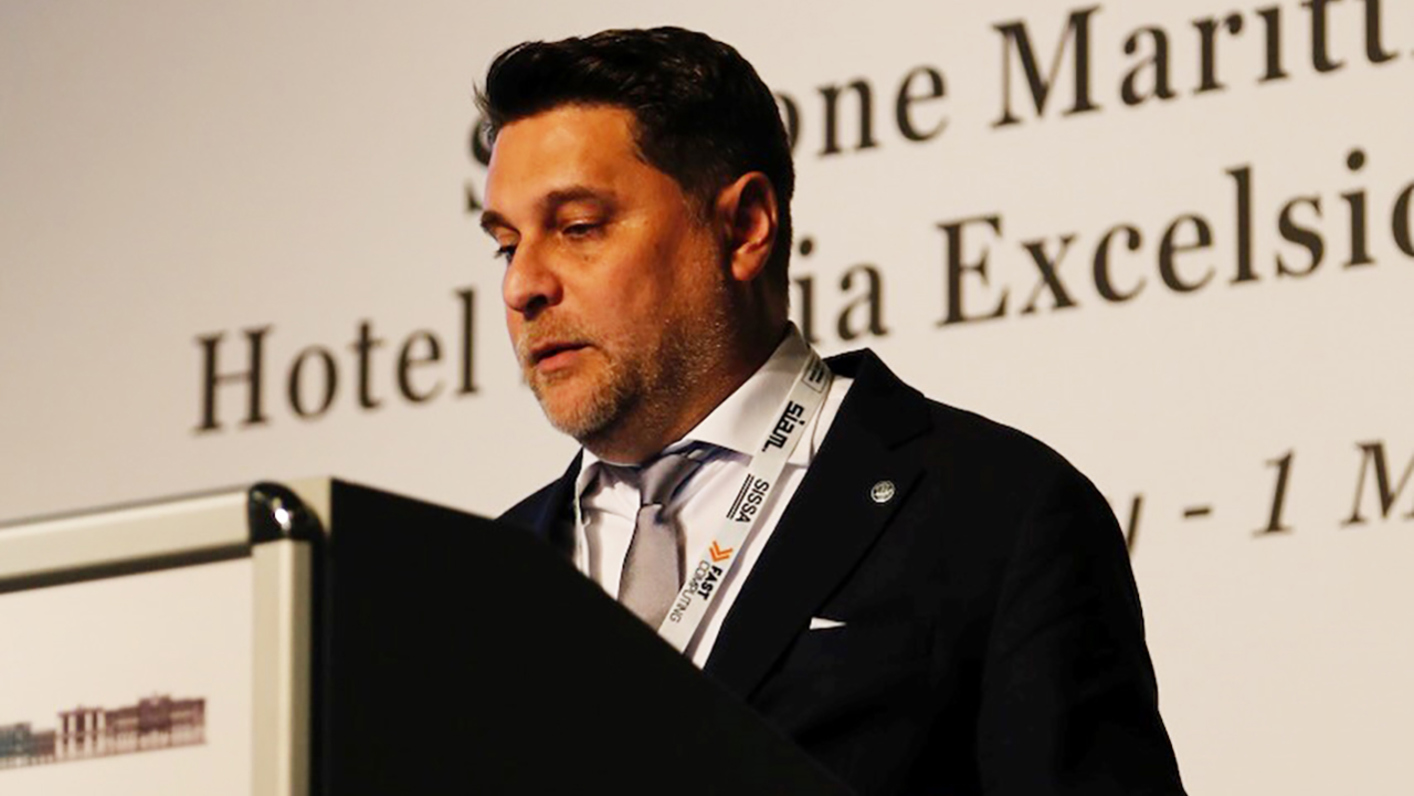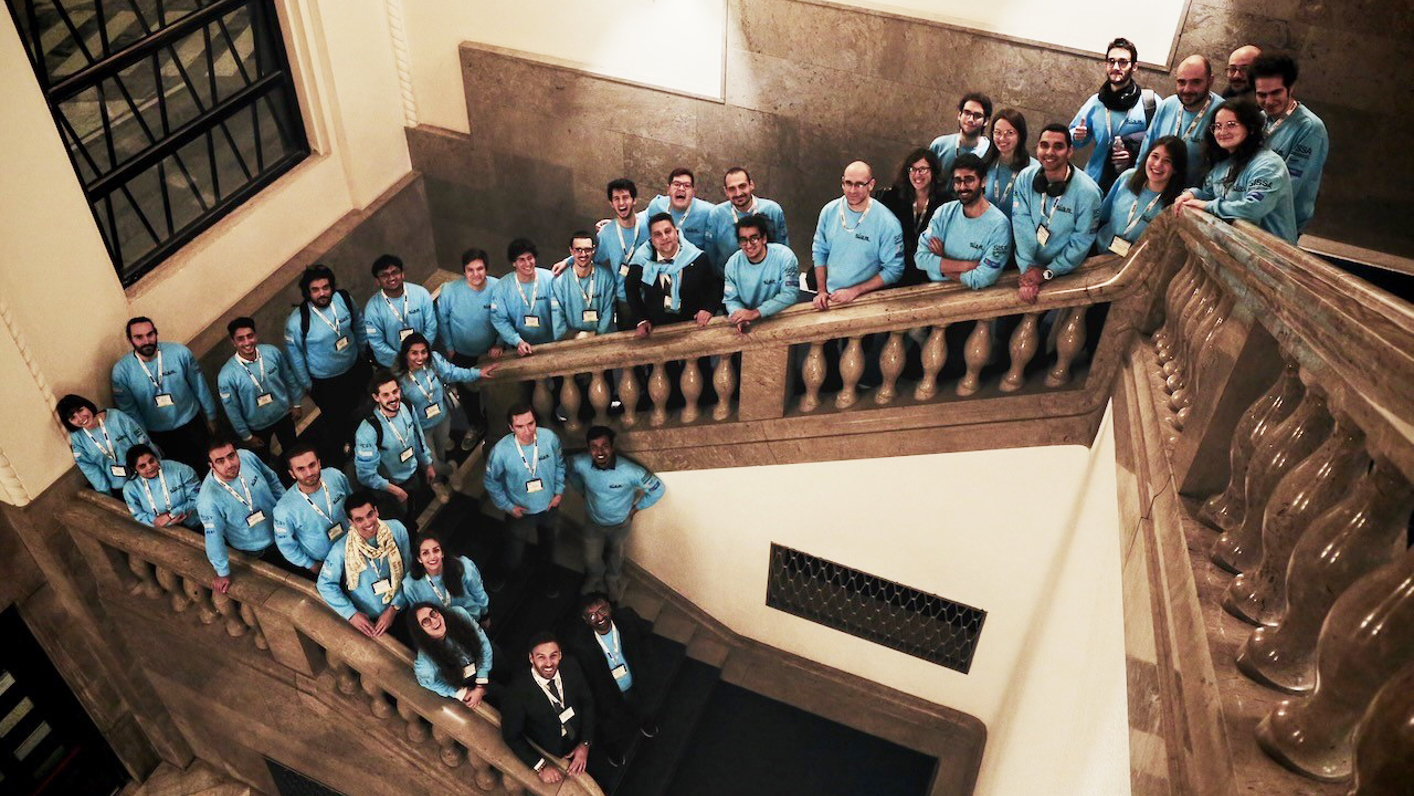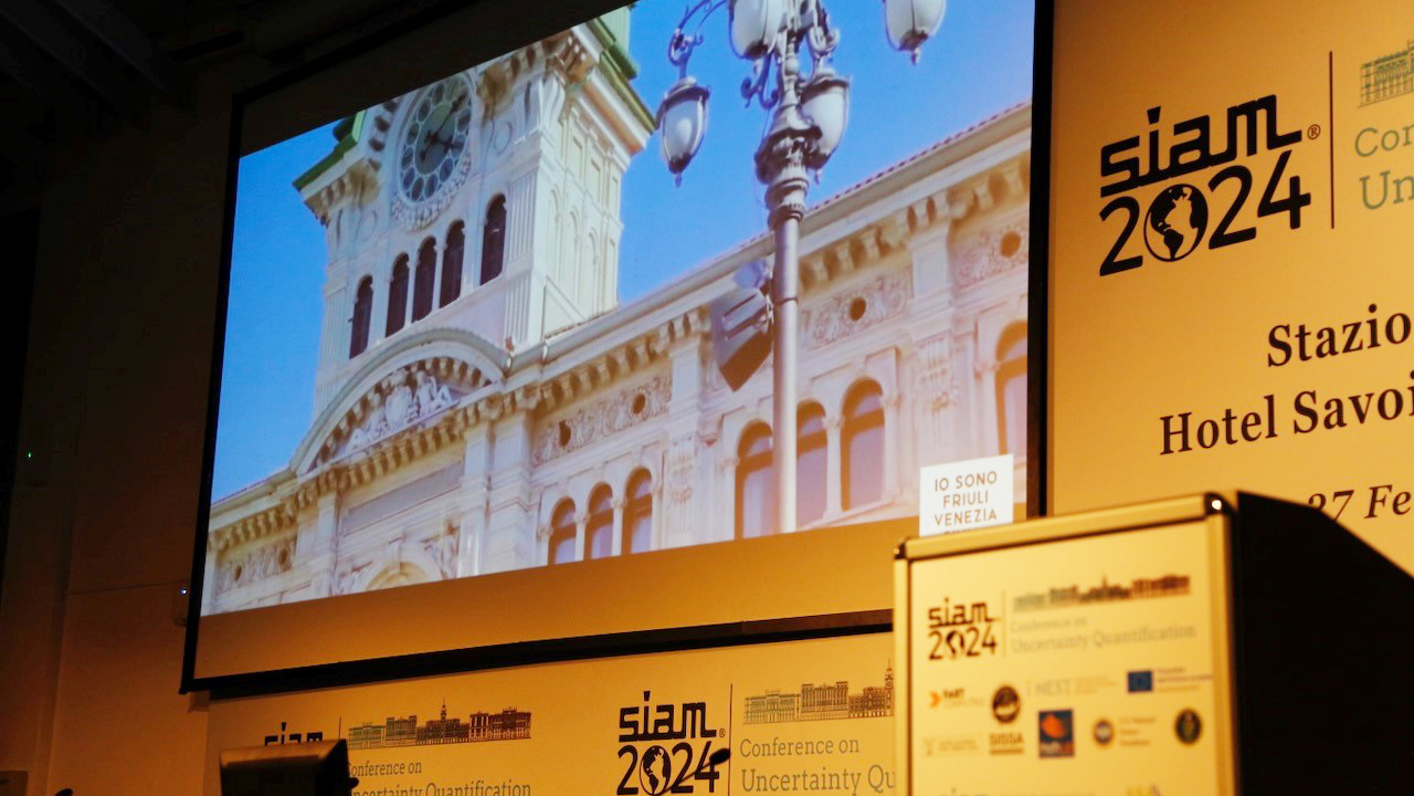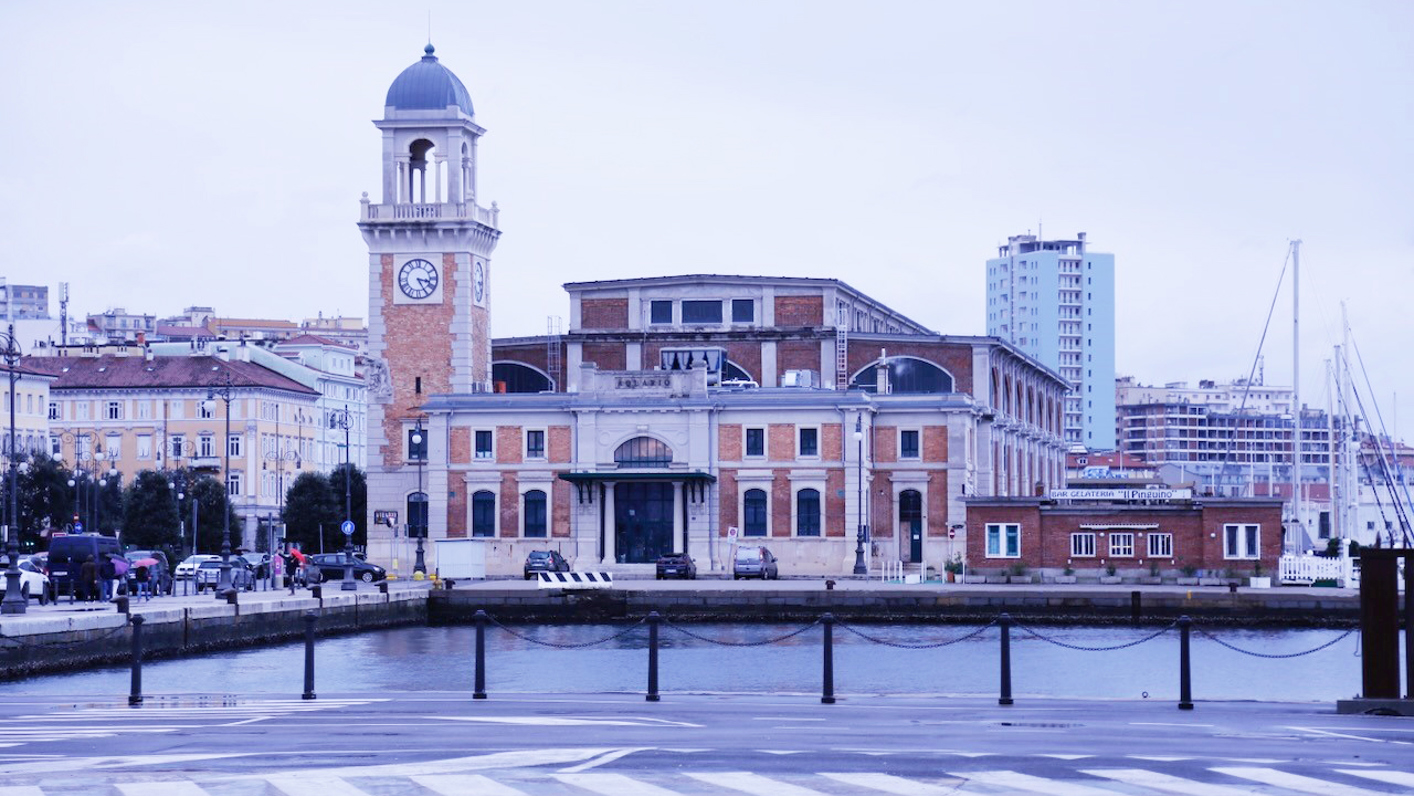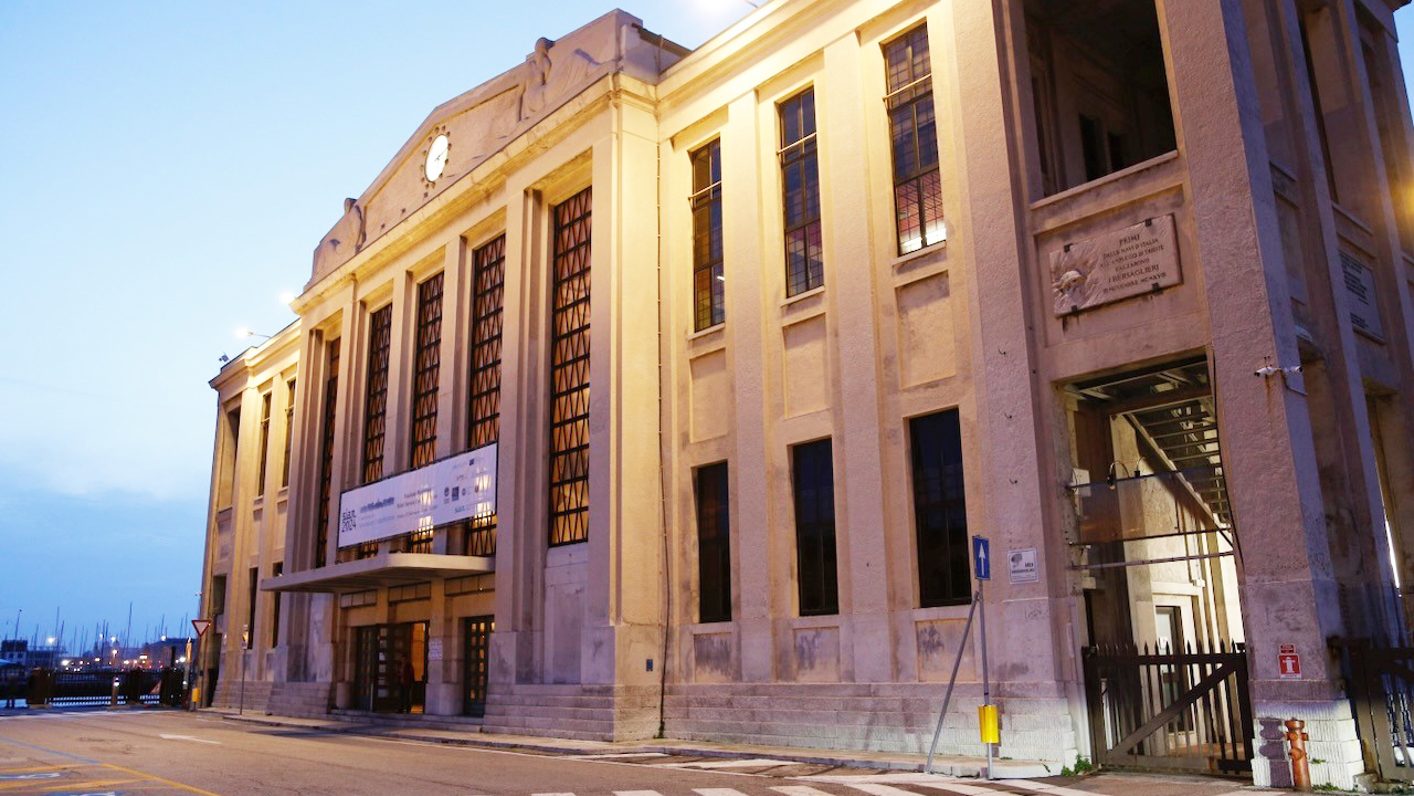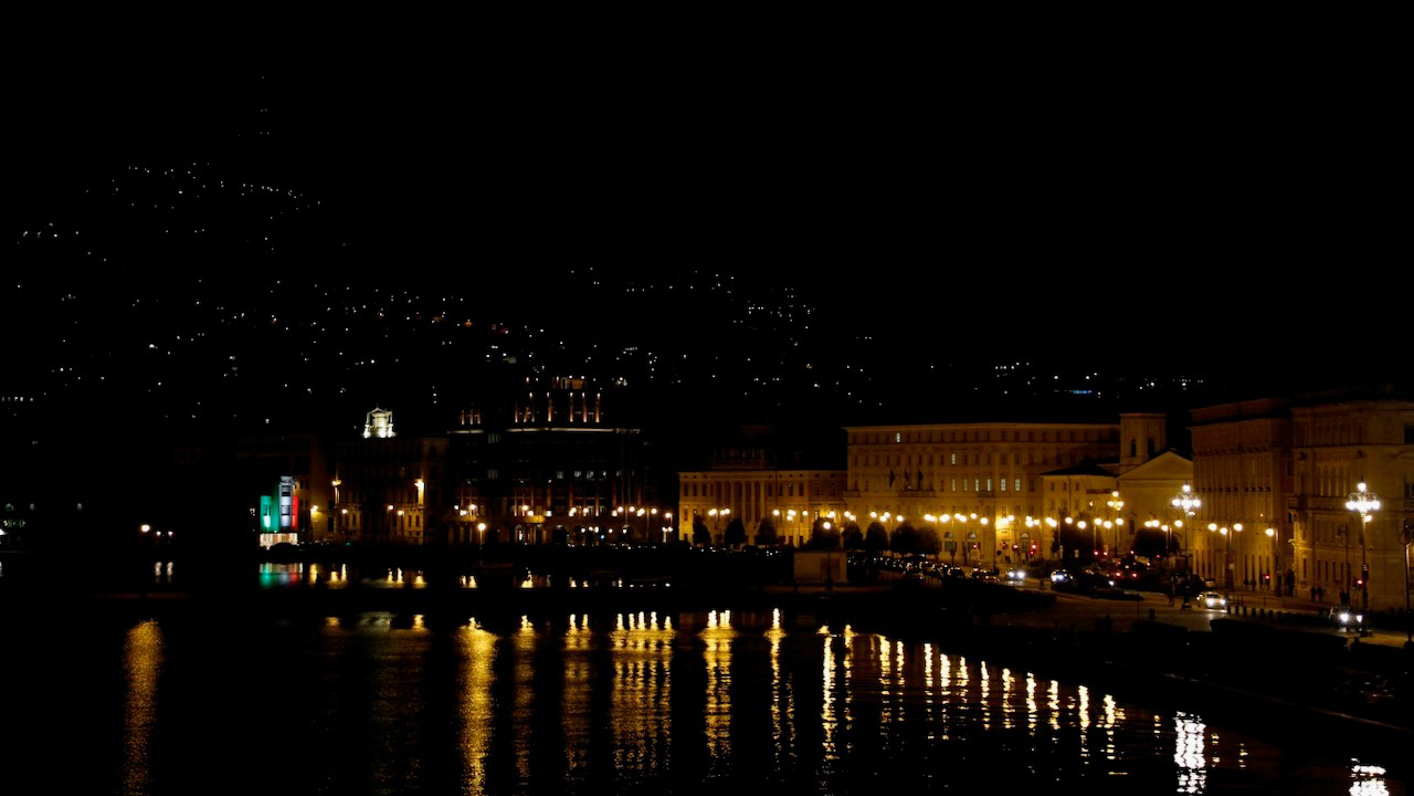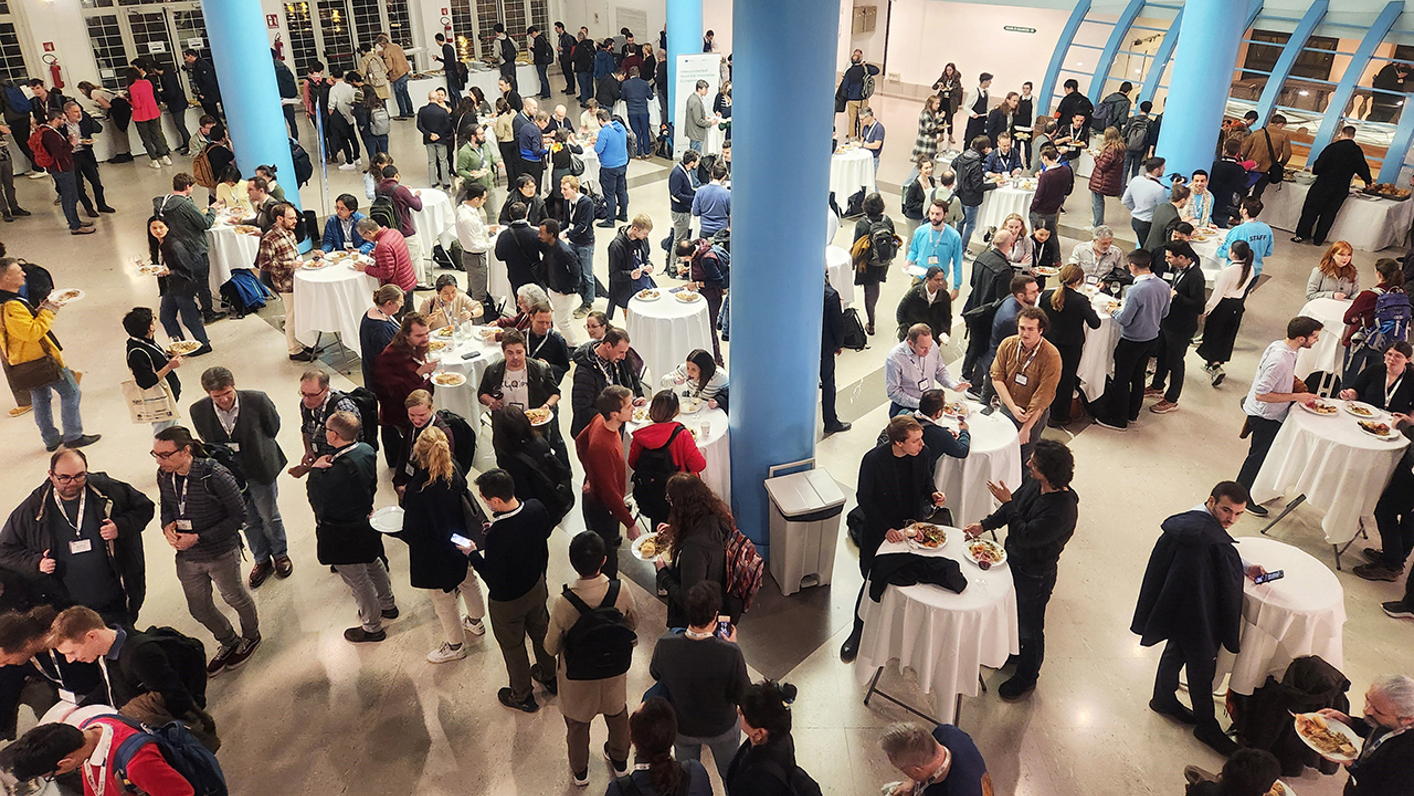Recapping UQ24 in Historic Trieste
The 2024 SIAM Conference on Uncertainty Quantification (UQ24) was held in Trieste, Italy, from February 27 to March 1. The festivities took place at two separate locations along the Trieste waterfront: Stazione Marittima (a cruise ship terminal along the Adriatic Sea) and Savoia Excelsior Palace (a luxury hotel).
Each of the conference’s four days featured as many as 24 parallel sessions of minisymposia, contributed talks, and minitutorials — for a cumulative total of roughly 270 sessions. The program also showcased the following seven invited plenary lectures by renowned researchers:
- Judith Rousseau (Université Paris Dauphine and University of Oxford): “Semi-parametric Inference: A Bayesian Curse?”
- Noemi Petra (University of California, Merced): “Exploiting Low-dimensional Structure in Bayesian Inverse Problems Governed by Ice Sheet Flow Models”
- Tian Zheng (Columbia University): “Wasserstein Distributional Learning”
- Houman Owhadi (California Institute of Technology): “Computational Hypergraph Discovery: A Gaussian Process Framework for Connecting the Dots”
- Andrew Duncan (Imperial College London): “Statistical Divergences for Functional Data”
- Olga Mula (Eindhoven University of Technology): “Optimal State and Parameter Estimation Algorithms”
- Robert Gramacy (Virginia Tech): “A Surrogate Modeling Journey through Gaussian Processes Modeling for Computer Simulation Experiments.”
In addition, Jonas Latz (University of Manchester) delivered the SIAM Activity Group on Uncertainty Quantification Early Career Prize Lecture and offered his perspectives on stochastic gradient descent. Other events throughout the week included a lively poster session with more than 80 posters, a special minisymposium session about Italy’s Interconnected Nord-Est Innovation Ecosystem, and a two-part panel discussion (with five panelists per session) that explored career opportunities in industry and national laboratories.
During the course of the meeting, attendees experienced some of Trieste’s many iconic features — such as its reputation as the City of Coffee and a well-known gusty wind called the bora. But above all, it is the City of Science. The density of scientists in Trieste—37 researchers per every 1,000 inhabitants—is well over the European average (for context, the overall Italian average is five per every 1,000 individuals). In total, more than 11,000 researchers reside in the city. In 2020, Trieste was named a European City of Science and hosted the EuroScience Open Forum. And in October of this year, it will host the Big Science Business Forum. As such, Trieste is home to several prominent universities and scientific centers, including the International School for Advanced Studies (SISSA), International Centre for Theoretical Physics, International Centre for Genetic Engineering and Biotechnologies, Elettra Sincrotrone Trieste, AREA Science Park, and International School of Trieste.
Trieste historically served as a bridge between Western and Eastern Europe, although the European Union blended this separation with one flag, one coin, and one open science. The Adriatic Sea has always presented opportunities for the city due to its important port. In fact, the Stazione Marittima—at which numerous UQ24 events took place—is the location from which ocean liners would typically depart for Australia, Asia, and the Americas. Each room in the venue is dedicated to an Italian flagship liner of the past. Construction began in 1926 based on the architectural designs of Umberto Nordio and Giacomo Zammattio, who created a monumental staircase that was inspired by New York City’s Grand Central Station. Many families departed from these docks to seek better fortunes.
Nowadays, Stazione Marittima is a terminal for cruise ships, many of which are built in the surrounding region. For example, Fincantieri—the largest shipbuilder in Europe and fourth largest in the world—is headquartered in Trieste, with sizable construction sites in the nearby cities of Monfalcone and Marghera.
The other locus of UQ24 was Savoia Excelsior Palace, a hotel that was built in 1911 and played an important role in the Austro-Hungarian Empire before Trieste became part of Italy in 1918. Emperor Franz Josef I was a frequent guest and even had his own apartment, which was used as a lecture room during UQ24. All of the lecture rooms at Savoia Excelsior Palace are dedicated to iconic places in Trieste.
After several years of online events due to the COVID-19 pandemic, UQ22—which was held in April 2022 in Atlanta, Ga.—marked the uncertainty quantification community’s return to in-person meetings. UQ24 attracted approximately 1,070 participants to Trieste and successfully fostered a live, dynamic community in which younger scientists and more seasoned researchers could engage and network with each other. We look forward to similarly successful gatherings in the future.
About the Author
Gianluigi Rozza
Full professor, International School for Advanced Studies
Gianluigi Rozza is a full professor of numerical analysis and scientific computing at the International School for Advanced Studies (SISSA) in Italy. He is coordinator of both SISSA mathLab and the Director’s Delegate for Innovation, Valorization of Research, and Technology Transfer. Rozza is also the scientific director of SISSA’s FAST Computing startup.
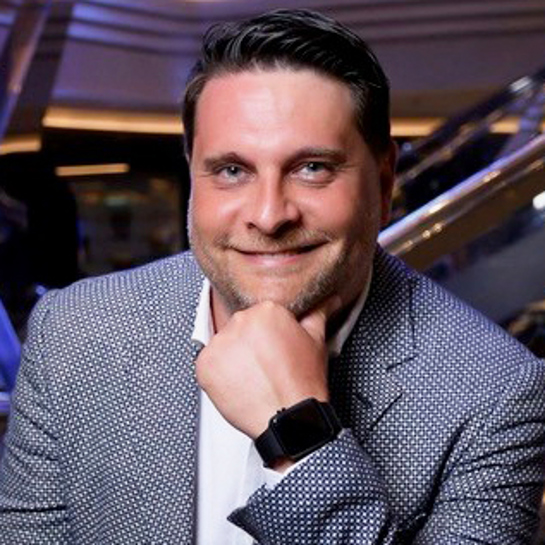
Stay Up-to-Date with Email Alerts
Sign up for our monthly newsletter and emails about other topics of your choosing.




